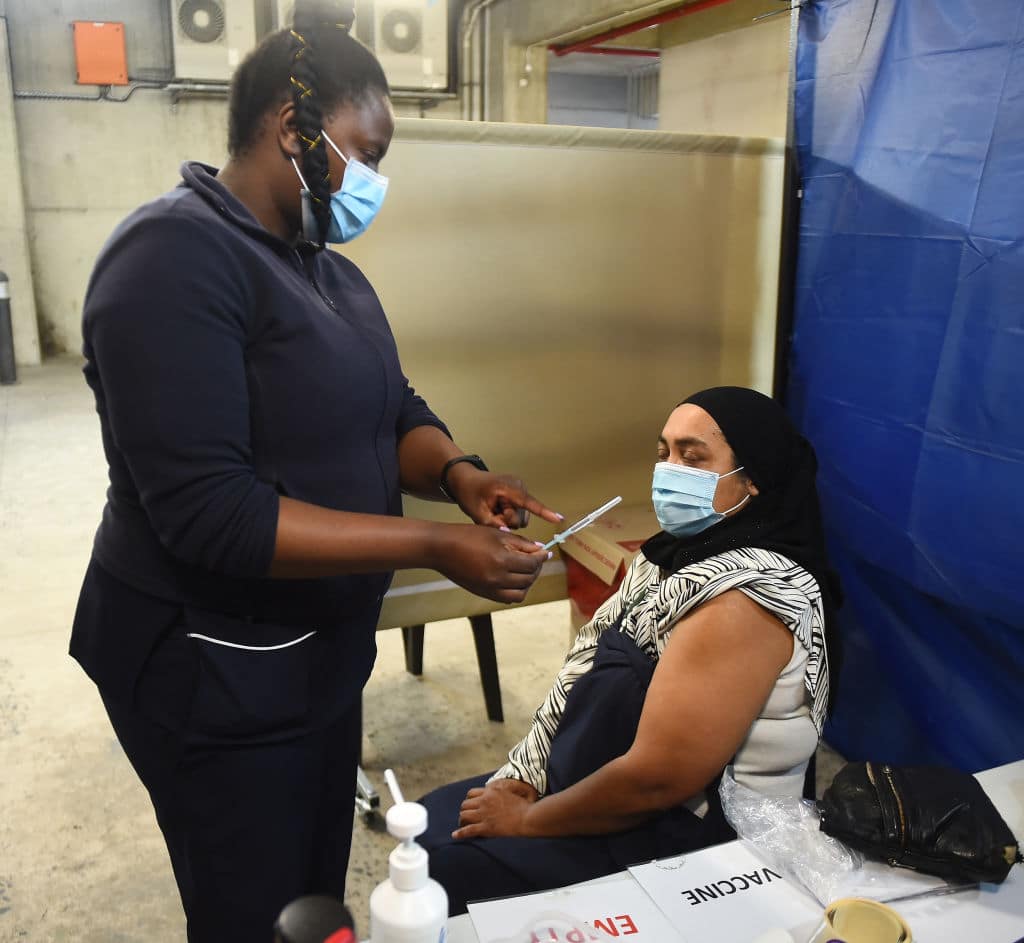As the fear of the new Omicron variant spreads along with the virus itself, many countries and businesses worldwide have implemented or begun to discuss implementing vaccine mandates, restricting access to services or work to only those who have received their jabs.
Are you vaccinated against COVID-19? Depending on where you are in the world, you may not have access to certain government services or be able to continue employment without proof of vaccination as vaccine mandates are deliberated and potentially rolled out around the world.
As the Omicron variant sparks fears around the possibility of increased mortality and transmissibility, some nations and businesses have made COVID-19 vaccinations mandatory, with more nation states considering their implementation.
“I think it is understandable and appropriate to lead this discussion now…. how we can encourage and potentially think about mandatory vaccination within the European Union,” said Ursula von der Leyen, European Commission President, during a press conference yesterday.
Some European Union nations have already implemented their own form of mandates, with Italy and France requiring all healthcare workers to provide proof of vaccination, and many other countries implementing fines and restricting interprovincial and international movement for the unvaccinated.
Similar actions are underway on the African continent, with Nigeria, Kenya and South Africa considering or implementing mandates, with South African President Cyril Ramaphosa announcing deliberations during a national address on November 28: “Government has set up a task team that will undertake broad consultations on making vaccination mandatory for specific activities and locations.”
Despite having previously stated that “nobody will be forced to take this vaccine. Nobody will be forbidden from traveling, from enrolling at school, or from taking part in any public activity if they have not been vaccinated” in an earlier address, the President seems to have adjusted the government’s position due to economic pressure as a result of increased travel restrictions due to the Omicron variant, which has seen much of the world implement a travel ban on southern Africa in the run-up to the holiday period. The South African Rand dropped to its weakest level in over a year with the discovery of the new variant.
Other countries on the continent have already made the move to implement. Kenya, which has seen over a quarter of a million cases of COVID-19, will require people to provide proof of vaccination to enter businesses, restaurants, schools and transport services as of 21 December 2021 – a move which has seen both praise and criticism, as business associations and civil society say that a nation with an 8.8% vaccination rate will not be able to meet sufficient targets and will cause further economic damage.
Nigeria has recently extended the vaccination deadline for civil servants to 31 December 2021, after which the unvaccinated will see themselves barred access from any public buildings or offices.
However, with only 1.7% of the country’s population vaccinated, it seems unlikely to reach the Federal Government’s earlier set goal of 50% of the population vaccinated by January 2022.
Loading...
Some South African businesses have already begun implementing mandates of their own, with health and finance conglomerate Discovery making vaccination mandatory for staff by early 2022, the announcement of which caused a surge in uptake of the vaccines within the organization, rising from barely 20% to 94%.
“Ultimately, as a science-led organization, we feel a strong moral imperative to do this, given the need to curb the loss of life and the indisputable proof that vaccines work in doing so,” said Discovery CEO Adrian Gore in an op-ed published in South Africa’s Business Day.
Universities and other large businesses in South Africa have followed suit.
Worldwide, the implementation or announcement of mandates have seen backlash and protests. The Biden administration in the United States has seen setbacks recently, with federal courts halting attempts to roll out vaccine mandates for healthcare workers and federal government contractors.
In Australia, thousands in Melbourne protested outside Parliament House yesterday as a wide-reaching vaccine mandate was implemented, with many workers in public service leaving their uniforms on the steps of the House in protest against the mandate.
Similar protests have occurred throughout the globe, including South Africa, which has seen anti-vaccination protestors demonstrate outside healthcare and government facilities over the last year.
With COVID-19 cases growing globally and uncertainty around the impact of the Omicron variant, it remains to be seen whether vaccine mandates will be able to be successfully implemented, and if they will contribute successfully to the fight against the pandemic.
Loading...
